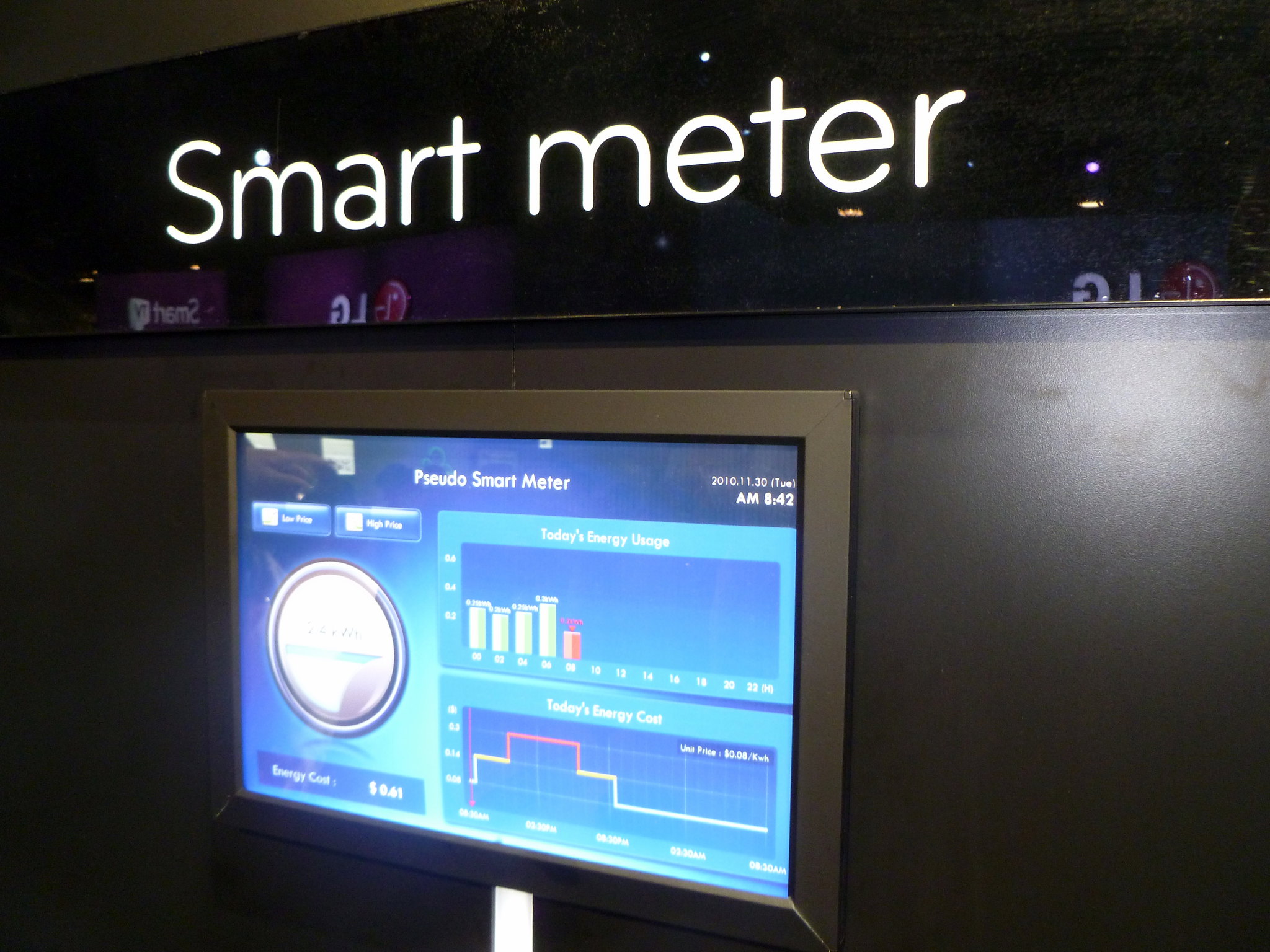Largely a niche technology until now, smart meters are expected to play an important role amid the need for demand-side control of power as Japan seeks to cut energy consumption in the face of the global energy crisis. The devices can play a small but critical part in Japan’s efforts to reach net-zero emissions by 2050, as they empower consumers, helping them to cut energy costs.
If you live in Japan, chances are your home is already equipped with a smart meter. Their rollout began in 2014, and as of March 2021 smart meters numbered about 69 million. As of 2016, all high-voltage users (such as industrial enterprises) have been equipped with smart meters.
By March 2025 the government plans to complete installations for all low-voltage users (i.e., homes). Power transmission and distribution business operators are in charge of installations and no cost is incurred by users. Among the manufacturers of smart meters used in Japan are Toshiba Toko Meter Systems, Osaki Electric, Mitsubishi Electric and Fuji Electric.
The existing smart meters, however, have been largely underutilized. That is in part because blackouts have been very rare in Japan and there has historically been little focus on demand-side control. That is about to change.

